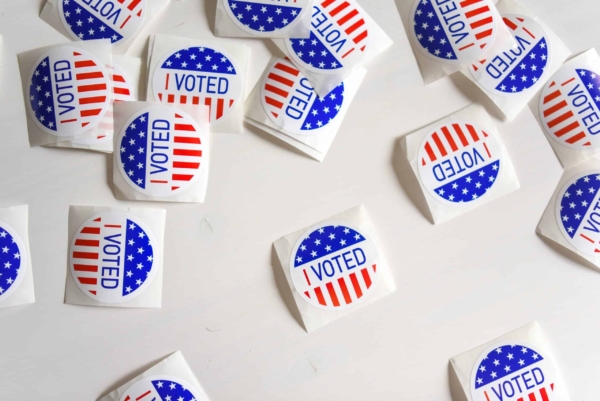Communities across the country are suffering as a result of a worldwide pandemic, the likes of which we have not seen in more than one hundred years. And in the midst of this pandemic, our elected leadership continues to fail us time and time again. Our elected leaders’ failures directly impact our community and create chasms between those who have access to resources and those who do not. One equalizing tool we do have, however, is the right to vote. The right to vote allows communities to have an equal say in how they are governed and allows our elected officials to be held accountable for ensuring that they have the community’s best interests at heart.
But, sadly, the right to vote is under attack right now as voters in many states will either be forced to risk their lives to cast a vote during the pandemic or are outright disenfranchised. Given these attacks to our democracy, people may be asking themselves the all-important question of what they can do to help protect the right to vote. I know many who want to help their friends and neighbors–and ultimately our country–to have an equal say in how their community is governed. Here are four things you can do to help your community and to protect the right to vote:
1. VOTE! Your vote is your voice.
- Voting allows you to have a say in how your community is governed because it helps to determine who represents your community in local, state, or federal government.
- Many people in our communities are disenfranchised because they have a felony conviction and are still on probation or parole, and many members of our community are ineligible citizens. Your vote helps them to express their voice.
- Additionally, if a person has a felony record, they may be able to vote depending on their state’s laws. Please tell anyone who is concerned about their eligibility due to a felony conviction to contact their local board of election to determine the requirements for eligibility.
2. Complete the 2020 Census
- Completing the Census determines how local, state, and congressional districts are drawn, which impacts who represents your community in elected office.
- Completing the Census ensures there is an accurate count of the number of people in your community. This data determines how much funding your community receives.
- Even if you are undocumented, you should still fill out the Census. Any information that you give is confidential.
3. Volunteer as a Poll Worker, Poll Monitor, or an Election Protection Volunteer
- There is a dire need for poll workers in many communities—especially during the pandemic. If you are not immunocompromised and do not have any other health ailments that place you at a higher risk of catching COVID-19, then volunteering as a poll worker or a poll monitor is a great way to get involved. You can find out more information about this through your state’s board of election or your county board of election.
- Each year, SCSJ does election protection work and, in doing so, we rely on volunteer poll monitors to let us know what is happening on the ground. Reach out to organizations that are doing election protection work, such as the state NAACP, state ACLU, or, in North Carolina, Democracy NC .
- Consider serving as an election protection hotline volunteer. The Lawyers Committee for Civil Rights Under Law has state election protection hotlines that answer voters questions about voting (e.g., where is my polling place?). SCSJ helps staff the North Carolina hotline in each even-numbered year.
4. Attend State and County Board of Elections Meetings
If you would like more information about how you can get involved, get in contact with me at mitchellbrown@scsj.org.
In solidarity,
Mitchell Brown
Counsel, Voting Rights
Equal Justice Works Fellow Sponsored by the Ottinger Foundation


